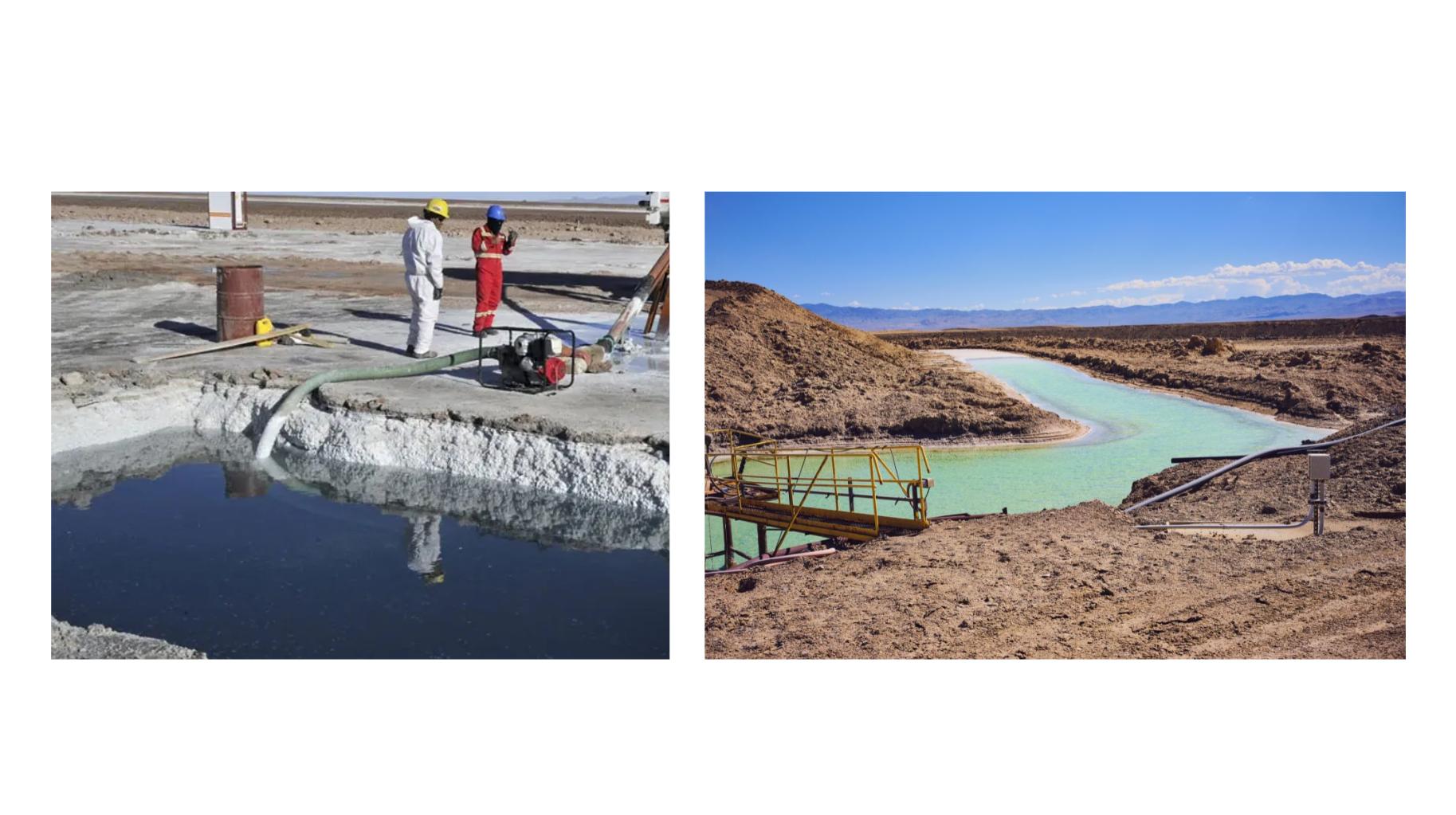
Why Is the Production of Lithium Batteries Considered Harmful to the Environment?
The production of lithium batteries has significant environmental implications, primarily due to the extraction processes involved and the disposal challenges they present. While these batteries are crucial for renewable energy and electric vehicles, their production can lead to ecological damage, water depletion, and social issues for local communities.
What are the environmental impacts of lithium battery production?
Lithium battery production has several negative environmental impacts, including habitat destruction, soil degradation, and water contamination. The extraction methods used, such as open-pit mining and brine extraction, can lead to severe ecological consequences. For instance, open-pit mining requires large areas of land to be cleared, disrupting local ecosystems and leading to biodiversity loss.Additionally, the entire lifecycle of lithium batteries—from mining to manufacturing—contributes significantly to greenhouse gas emissions. Studies indicate that about 40% of the climate impact from producing these batteries comes from the mining process itself.
| Impact Area | Description |
|---|---|
| Habitat Destruction | Land cleared for mining disrupts ecosystems |
| Water Contamination | Chemicals used in extraction poison water sources |
| Greenhouse Emissions | Significant emissions from mining and production |
How does lithium extraction affect ecosystems and biodiversity?
Lithium extraction poses serious threats to ecosystems and biodiversity. Mining operations often occur in sensitive environments, such as salt flats and arid regions where unique flora and fauna exist. For example, in South America’s Lithium Triangle, mining has been linked to the decline of flamingo populations due to habitat disruption and water resource depletion.The chemicals used in extraction processes, such as sulfuric acid and sodium hydroxide, can seep into soil and waterways, further harming local wildlife. The loss of biodiversity not only affects species survival but also disrupts ecological balance.
Why is water depletion a critical issue in lithium mining?
Water depletion is a major concern associated with lithium mining, particularly in regions already facing water scarcity. The process requires substantial amounts of water for both brine extraction and mineral processing. In areas like Chile’s Atacama Desert, this demand exacerbates existing water shortages for local communities and agriculture.The diversion of freshwater resources for mining operations can lead to conflicts over water rights and significantly impact local livelihoods. As global demand for electric vehicles rises, these issues are likely to intensify.
| Region | Water Usage (liters per ton) | Impact on Local Communities |
|---|---|---|
| Atacama Desert | 2 million | Severe water shortages |
| Salar de Uyuni | 1.5 million | Conflicts over water access |
What are the social implications of lithium mining on local communities?
The social implications of lithium mining extend beyond environmental concerns. Indigenous communities often bear the brunt of these operations, facing displacement from their ancestral lands without adequate compensation or consultation. In many cases, promises made by mining companies regarding environmental protections and community benefits go unfulfilled.For instance, in Chile, indigenous groups have protested against lithium projects that threaten their land and water supplies. These social struggles highlight the need for more equitable practices in resource extraction that respect community rights.
How do disposal practices for lithium batteries contribute to environmental harm?
Disposal practices for lithium batteries pose significant environmental risks. A large percentage—around 98%—of discarded lithium-ion batteries end up in landfills where they can leak toxic substances into soil and groundwater. This not only pollutes local ecosystems but also poses health risks to humans.Moreover, improperly disposed batteries can cause landfill fires that release harmful chemicals into the atmosphere. These fires can burn for extended periods and are difficult to extinguish due to the combustible materials surrounding them.
| Disposal Method | Environmental Risk |
|---|---|
| Landfill | Toxic leaks into soil/water |
| Incineration | Air pollution from toxic fumes |
| Recycling Challenges | Hazardous waste during processing |
What alternatives and solutions can reduce the environmental footprint of lithium batteries?
To mitigate the environmental footprint of lithium batteries, several strategies can be implemented:
- Sustainable Mining Practices: Adopting eco-friendly extraction methods that minimize land disruption and water use.
- Battery Recycling: Improving recycling technologies can help recover valuable materials from spent batteries while reducing waste.
- Alternative Materials: Researching alternative battery chemistries that require less harmful materials could lessen reliance on traditional lithium sources.
- Regulatory Frameworks: Implementing stricter regulations on mining practices can ensure better protection for local environments and communities.
These measures aim to balance the demand for clean energy solutions with responsible resource management.
Industrial News
Recent discussions surrounding the environmental impacts of lithium battery production have intensified as electric vehicle adoption accelerates globally. Advocacy groups are calling for more transparent supply chains that prioritize sustainable practices in mining operations. Additionally, innovations in battery recycling technologies are gaining traction as companies seek ways to minimize waste and recover precious materials from used batteries.
Lithium Battery Expert Views
“While lithium-ion batteries play a crucial role in our transition to renewable energy, their production must be managed sustainably,” states Dr. Maria Lopez, an expert in sustainable energy solutions. “Addressing the ecological and social impacts associated with lithium extraction is essential if we want to realize the full benefits of clean energy technologies.” This insight underscores the importance of responsible practices in meeting future energy demands.
